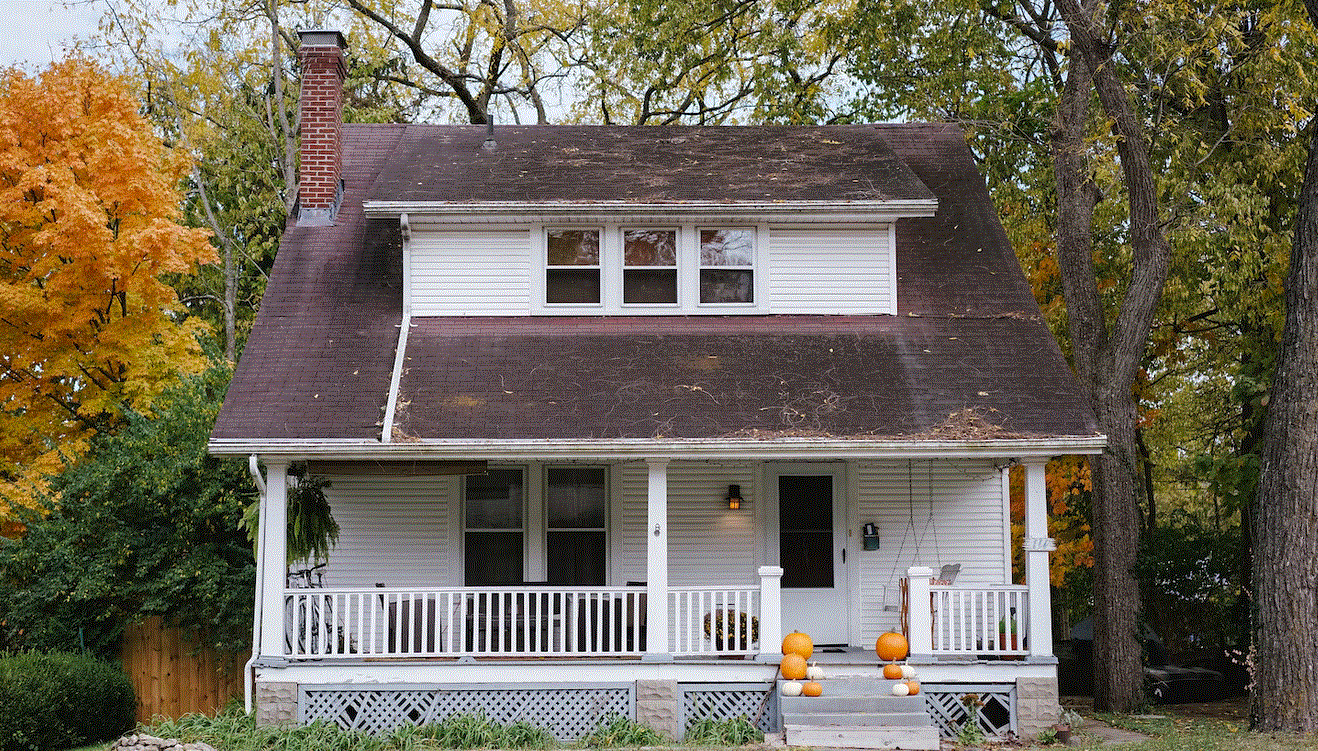PHILADELPHIA - The mortgage rate has steadily climbed over the past two years. It has been a long time since we saw rates hover around the 4% mark. The rate is approaching the 6% mark for the first time in nearly five years. It is predicted that the rates will remain at this level shortly. However, a few things could cause the rates to drop in the next 12 months.
One is the potential for a recession in the United States. This could affect the housing market. It could bring 30-year mortgage rates down. The Mortgage Bankers Association predicts the US will be in recession in the first half of next year.
Another factor that could influence rates is raging inflation. The Federal Reserve is trying to fight inflation by raising key interest rates. It is attempting to achieve its 2% inflation target. It is expected that the Fed will raise rates by 50 basis points at its next meeting.
The Fed is expected to continue its rate hikes throughout the year, which may reduce demand for housing. The unemployment rate may also increase, increasing the national mortgage delinquency rate. The Fed is likely to raise the short-term federal funds rate by at least 50 basis points at its next meeting, which would reduce the supply of mortgages available. This will also lead to a recession in the U.S. Fortunately; it should be short-lived.
The other major factor affecting rates is geopolitical events. Russia's invasion of Ukraine and the US's response to Hurricane Ian could significantly impact bond yields and mortgage rates. However, these events are unlikely to lead to a headlong collapse of the economy. The Fed's actions may stabilize the job market and help car sales, which should benefit the auto industry.
There is also a chance that the Fed may not raise rates at all in the next 12 months. This is because of the current financial and economic conditions. These are expected to become more relaxed in the coming year and may cause mortgage rates to fall. The cooling prices and low inventory could indicate a more affordable housing market in 2023.
The Federal Reserve is expected to raise the short-term federal funds rate in the first quarter of next year. The Fed has also indicated that it plans to hike rates by another 50 basis points at its next meeting, putting the rate at a range of 3.75% to 4%. Although this is an improvement over the previous rate of 3.25%, it will not bring rates to their former levels anytime soon.
Although many variables will affect rates in the coming years, it is safe to say that the inflation rate is set to continue on the upwards track. This will cause mortgage rates to increase in the coming years. In addition, high inflation may also cause the housing market to get a bit more expensive.




